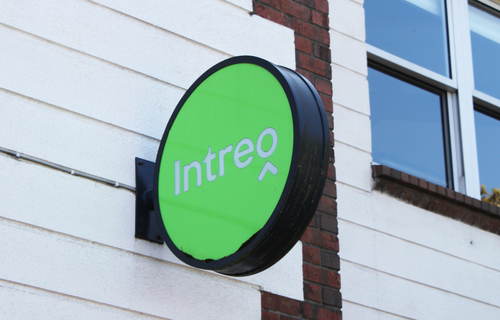In early May, Joe Whelan, lecturer and researcher in the School of Applied Social Studies in University College Cork, published a research article entitled ‘We have our dignity, yeah? Scrutiny under suspicion: Experiences of welfare conditionality in the Irish social protection system’
The research was conducted through 22 interviews with recipients of social welfare payments in Ireland. The interviewees represented a diverse cohort of people and had experienced welfare conditionality across different social welfare payment types and services including Jobseekers Benefit (JB), Jobseekers Allowance (JA), Illness Benefit (IB), Disability Allowance (DA), One Parent Family Payment (OPFP), and Jobseekers Transitional Payment (JST).
As Whelan states, the purpose of the article “is to shed light on the experiences of conditionality in the contemporary Irish welfare state and to attempt to nuance further what conditionality can mean.”
Whelan goes on to give a definition of welfare conditionality:
Welfare conditionality links eligibility for collectively provided welfare benefits and services to recipients’ specified compulsory responsibilities or particular patterns of behaviour.
The nature of the conditions with which social welfare applicants must comply under the tacit threat of poverty is reiterated throughout the article, illustrating experiences of both the explicit and more “hidden” aspects of conditionality.
Participants’ experiences of conditionality and scrutiny under suspicion
The first interview discussed was with Frank who described frustration with needing to “constantly” prove that he was “genuine” in order to receive and maintain his Disability Allowance. Despite evidence provided by multiple medical professionals, Frank had to submit to a medical assessment which he described as invasive, painful and which exacerbated his condition.
Olive (JA/BTEA) echoes these experiences of feeling heavily scrutinised. If her documentation wasn’t “perfect” she felt that “everything was questioned, everything was [she] wouldn’t say aggressive, but was suspicious.”
Peter (JA) describes the hostile attitude he was met with when advising welfare administrators that he was going on holidays which he had arranged before losing employment. He was told he wasn’t entitled to his welfare payments and the staff member said “Oh you’ve money to go to Alaska and you’re down here looking for money off us.” He was told to provide his flight boarding pass and hotel details, and when asked why, the staff member said that was just what he had to do. The tone of personal offense from the staff member added another dimension to the pressure Peter experienced.
Whelan then goes on to discuss this on-going “scrutiny under suspicion” for others trying to maintain their claim eligibility in that “successful applicants now enter a new phase on continuing conditionality, one that is characterised by ongoing scrutiny and continuous monitoring.”
Scarlett and Grace (OPFP) discussed feelings of embarrassment around what items were on their bank statements that they had to repeatedly submit, and that began tailoring their spending so that they wouldn’t be judged, for example, for getting takeaway with their debit cards. They also described the severe suspicion they were treated with when asked to provide proof that they weren’t receiving maintenance from the fathers of their children. As Scarlett says:
"Everything about my life needs to be known."
Whelan then discusses how something as innocuous as the arrival of post to their houses causes stress and anxiety for some of the interviewees, as they’re anticipating receiving correspondence from the DEASP, as Jane (JST/OPFP) describes:
"I get a pain in my stomach…Stress straight away… I get a pain in my stomach when I’m opening it…It’s just always, you know, a review or something’s wrong or “come in,” you know."
Whelan highlights that “hidden or less apparent conditionalities . . . can effectively “condition” recipients to engage in maintaining the visage of compliance through impression management, however, more than this, it can also induce fear, stress and anxiety.”
The article then explores the physical activity (going to Intreo centres and post offices for example) of conditionality involved in initiating and maintaining a claim. These public spaces are operated, as Whelan puts it, “often with little privacy”.
One interviewee, Harley, who applied for Illness Benefit after suffering a mental breakdown, explains that it’s a “haunting” experience going into the post office to collect payments and feels she is looked down upon by post office staff – a feeling echoed by other interviewees.
Lisa (JA/BTEA) expresses that the public spaces in which she is obligated to engage with the DEASP “are not conducive to privacy or confidentiality” and she feels she is “clearly on display.”
Clive (JA) strongly describes a feeling of indignity in being called to the “dole office”:
"We have our dignity, yeah? And I think dignity is a thing you must protect in people if they sometimes can’t protect it themselves . . . It’s almost as though it’s designed to take away people’s dignity."
In the final section of the article, Whelan discusses that the original intention of the UK welfare system was “to ameliorate economic and social hardships, injustices and inequalities” and reiterates that eligibility for receiving welfare in the contemporary Irish context can be conceptualised as “a set of institutional trials” that are not centred on the betterment of the individual, but often manifests in excessive scrutiny and suspicion.
